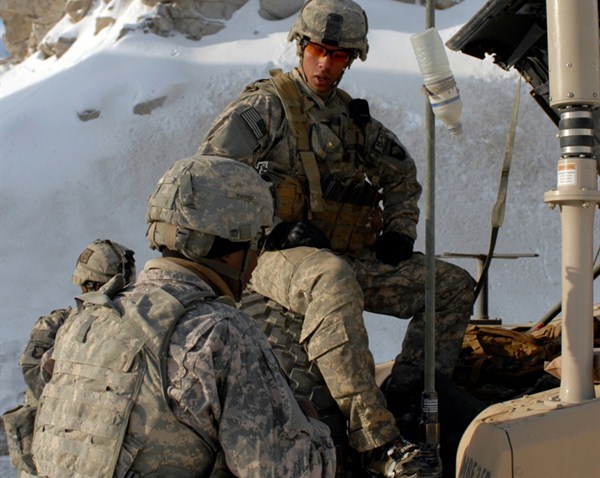Is counterinsurgency dead, as some observers claim? Is it alive and well, as others have argued? Or is it, as still others maintain, merely evolving? One thing is certain. Once fashionable within the Washington beltway, counterinsurgency -- or COIN, as it’s known -- has come under withering criticism, as violence in Afghanistan escalates and the Pentagon tightens its belt. Many of counterinsurgency’s critics are convinced that the U.S. would do well to avoid such campaigns in the future. Who can blame them? The wars in Iraq and Afghanistan have extracted an ever-mounting toll in time, blood and treasure from a war-weary nation. Moreover, COIN’s track record in Iraq and Afghanistan is mixed, in part because success ultimately lies beyond the control of third-party practitioners.
With deficits now rising and budget cuts looming, Defense Department officials have unveiled a national defense strategy that once again calls for more-agile land forces, with an emphasis on air, sea and special operations forces. Meanwhile, Pentagon officials have adamantly stated that America’s land forces will no longer be sized to conduct prolonged, large-scale stability missions such as those in Iraq and Afghanistan.
But despite the temptation to avoid future interventions, contingencies don’t always conform to strategic theory. Like it or not, manpower-intensive stability missions have a peculiar way of finding us. Indeed, America has repeatedly tried to swear off large-scale interventions, to little avail. Despite the adamant principles of the Powell and Weinberger Doctrines, the U.S. military spent the bulk of the 1990s embroiled in peacekeeping, stability and humanitarian missions. The backlash to those often-unsatisfying campaigns led then-candidate George W. Bush to promise in 2000 to eschew nation-building interventions. Soon thereafter, as president, he oversaw two of the largest nation-building efforts in history.

